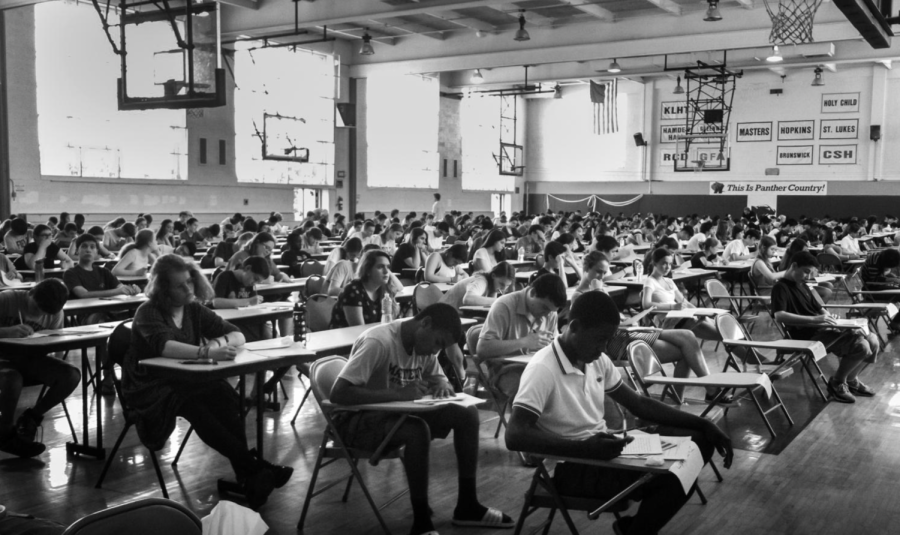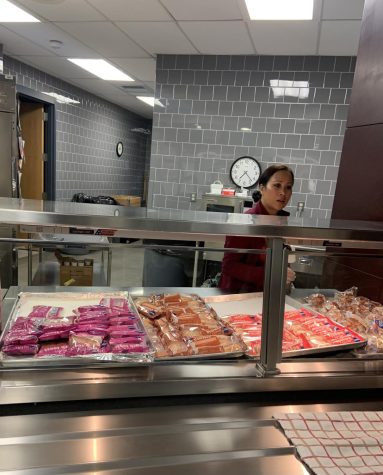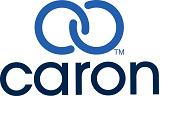Applaud Student Success by Exempting Finals
Rewarding students with no final exams for a course they do well in would incentivize good work throughout the year.
Each year, high school students dread taking final exams to complete their courses. Many believe that students who clearly display an understanding of the class material throughout the year should be excused from these cumulative tests.
“I personally do not benefit from final exams. It just causes stress, in my opinion,” sophomore Morghan Davies said. “I do not learn from big exams, especially when I have already proven to understand the material through my good grades in the class.”
For perspective, let’s say a student has worked vigorously to receive A grades on their report cards for all four quarters of a course. If the student has already shown an understanding of the material, they should have the opportunity to be exempted from the final exam for that particular course.
Wilson High School in Reading, Pennsylvania, has already implemented a plan to excuse the final exams for twelfth-grade students who display at least a 90% average throughout an academic course.
“High school seniors are not exempt from mid-term exams but can be exempt from a final exam if they have achieved a 90% average in a course only if it is not a class requiring a Keystone exam,” says the Wilson High School website. “A grade average for a student exempt from taking a final exam will be calculated by averaging the four quarter grades plus the mid-term grade. Raw scores will be used for this calculation.”
Implementing this rule at Southern Lehigh could have various positive effects for students, such as a motivation to strive to receive an A on all four quarters, for the reward of not having to take the final exam in that class.
“When I was a high school Economics teacher, and I taught 12th grade [in Allentown School District], I did exempt any student from the final exam who had straight A’s for the year,” assistant principal Mr. Benjamin McConnell said. “It was a really positive incentive and motivator for those students….It was a reward for a really strong year.”
If Southern Lehigh were to follow the Wilson High School policy, then students may have to take a midterm. Additionally, students who take AP classes would still take the AP exams at the end of the year. Therefore, there is still some concern about students needing to learn how to take bigger cumulative exams.
There are valid reasons for implementing final exams in high schools. For instance, it is a way for teachers to encourage students to continue to learn, retain, and demonstrate the information taught throughout the year, especially for students who have been struggling in the class. Final exams are also a way to prepare students for the future.
“I agree that exams can be stressful for students, but some things in life are going to be stressful,” English teacher Mrs. Kelly Howsare said. “A teacher’s job is to prepare students for the future, especially for college. Students will likely have to take final exams in college.”
While the compelling argument to continue final exams makes sense, a student that has maintained “A” grades throughout the year has already proven to understand the material, and should have the option to be exempt from taking a stressful cumulative final.
“The negative stress of a final exam is not worth the cost my mental health,” senior Jordan King said. “A student who has clearly shown to understand the material should not have to deal with the high pressure and stressful environment that surrounds a final exam.”

Senior Christiana Lycette is a third-year staff reporter and the current news editor for the Spotlight. In addition to serving as president of Angel 34...












